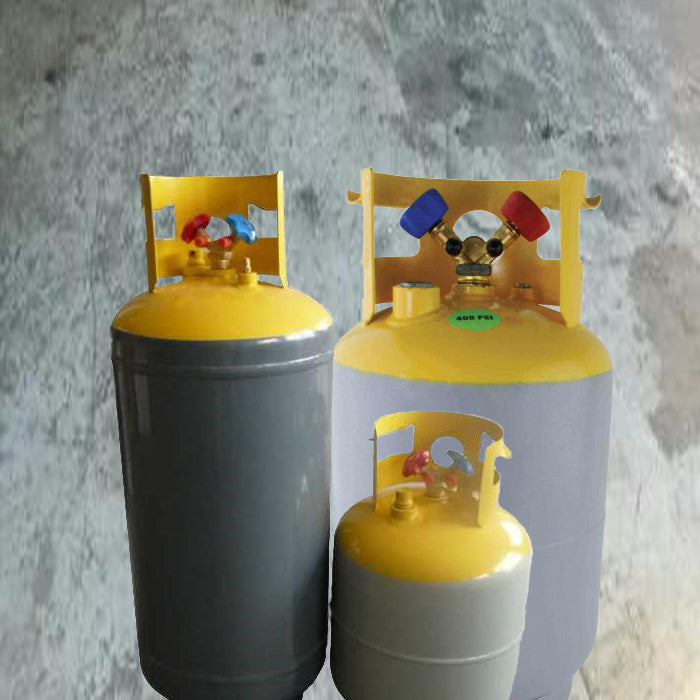321-245-1400
321-245-1400

The HVAC industry is rapidly evolving. With plenty of new HVAC technologies on the horizon, longstanding manufacturers are set to make waves as EPA regulations push for greener solutions. Nevertheless, despite the environmentally friendly options on the horizon, there are key challenges homeowners and small businesses should consider, such as the possibility of costly upgrades to their existing systems. With these emerging technologies in their early stages, some may hesitate to hop on board immediately.
However, there is a cost-effective and environmentally responsible way to extend the life of older systems: AC refrigerant recycling. By working with certified recyclers, property owners can continue using their current HVAC systems while waiting for new technologies to mature, delaying the need for costly upgrades and supporting environmental sustainability.
The HVAC industry is moving toward sustainable solutions. Technologies like hybrid HVAC systems and smart thermostats that optimize energy use are just the beginning. The shift towards low-GWP refrigerants is another major trend, with regulatory bodies like the EPA encouraging the use of eco-friendly refrigerants in all new systems.
Carrier, the inventor of the modern AC, is one company bringing innovation to the forefront of AC systems in America. Carrier’s hybrid system uses lithium-ion batteries to store energy during off-peak hours, cutting costs and alleviating grid strain, while utilizing low-GWP refrigerants to meet environmental standards. This system offers a glimpse into the future of HVAC, prioritizing both sustainability and cost savings for homeowners and businesses alike.
With traditional refrigerants like R-410A being phased out due to their high GWP and negative environmental impact, these new Carrier systems offer a glimpse into the future of HVAC by prioritizing both sustainability and cost savings for homeowners and businesses alike.
These long-term benefits align perfectly with the EPA's ongoing changes to current regulations, regardless of the challenges for those who rely on older HVAC systems or high-GWP refrigerants. However, phasing out refrigerants like R-410A means that homeowners and businesses using these outdated HVAC systems will eventually need to make changes to remain compliant with environmental regulations.
Since the cost of upgrading to a new HVAC system can be substantial and lead to potential financial strain for some property owners, there are ways to continue using older HVAC systems as the industry transitions to more eco-friendly technologies. This means homeowners and businesses don’t need to rush into an upgrade due to new refrigerant regulations. Instead, they can plan ahead, budget accordingly, and adopt newer systems when the time is right.
Recycling and reusing refrigerants like R-410A enables businesses and homeowners to delay costly upgrades and reduce the need to dispose of hazardous materials. Recycling refrigerants goes beyond compliance as many homeowners and businesses find it impractical or financially difficult to replace an HVAC system for every major regulation change set forth by the EPA, especially if the system is still performing well. By opting for AC refrigerant recycling, you can maintain the efficiency of older existing units while adhering to environmental standards.
The EPA continues to drive the HVAC industry toward sustainable solutions. Technologies like hybrid HVAC systems, which integrate traditional HVAC with battery backups, and smart thermostats that optimize energy use are just the beginning. The shift towards low-GWP refrigerants is just the first step, with EPA advocating for the use of eco-friendly refrigerants in all new systems.
For property owners who are not ready to make the leap just yet, AC refrigerant recycling offers a practical and responsible alternative. Homeowners and businesses don’t need to rush into an upgrade due to new refrigerant regulations. Instead, they can plan ahead, budget accordingly, and adopt newer systems when the time is right.